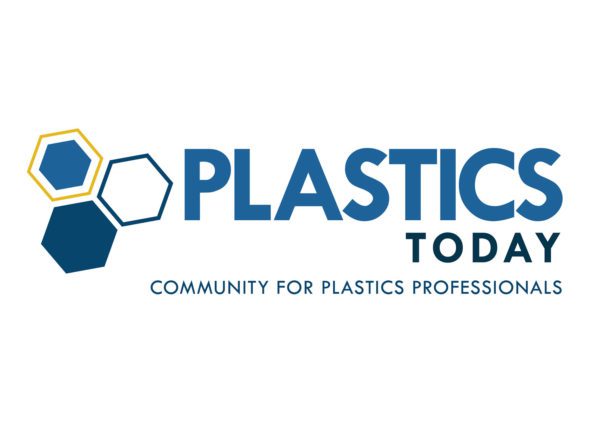Read article on plasticstoday.com
What You Should Know about Round Two of Federal Small Business Assistance
As a reminder, the Paycheck Protection Program offers forgivable loans to support businesses’ payroll costs for up to eight weeks. Additionally, PPP funds can be utilized for rent, utilities, and certain other fixed expenses. Critically, loan forgiveness is limited to funds that are used within the first eight weeks after closing on the loan and may be proportionately reduced if a company’s full-time equivalent employment level is lower on June 30 than it was on February 15. For this reason, many businesses that fear a prolonged shutdown and are uncertain about rehiring staff have chosen not to apply for PPP funds. Additionally, the program is not as advantageous for businesses where non-payroll costs (including rent) are a large portion of total expenses. For any portion of a PPP loan not forgiven, a business must repay the funds within a two-year term.For most businesses, the extensions of the PPP and EIDL programs are the most important features of this new legislation. While the PPP has received the most substantial media attention, the EIDL is also an important funding source for companies that have been affected by COVID-19 and that have significant non-payroll expenses.
In addition to PPP loans, businesses have access to the Small Business Administration’s (SBA’s) Economic Injury Disaster Loans. Under this program, the loans are longer term and may be used for a wider variety of purposes. That said, they are not forgivable, and they are capped at $2 million (compared to $10 million for PPP loans). Unlike PPP funds, which are only available through private lenders, companies can only apply for the EIDL program through the SBA. Businesses should consider EIDL funding if
- they have significant non-payroll fixed expenses that the PPP loans do not support;
- they are confident in reopening over the long term but not comfortable rehiring staff in the near term; or
- they are at risk of losing suppliers because of unpaid bills that could have been paid if not for COVID-19.
Since they were introduced through the CARES Act, the PPP and EIDL programs have been in high demand. Systems have been overwhelmed, and more funding lapses are expected. Members of Congress and officials at the SBA and Treasury Department have indicated that there may be additional funding available if this latest extension is exhausted, but there has also been some criticism of the way the programs are designed. It is possible — likely, even — that additional funding to these programs could also be coupled with changes to the eligibility criteria or other rule changes. If your business has been adversely affected by COVID-19 or if you have good reason to expect a significant negative effect on your business, it is advisable to apply now.
